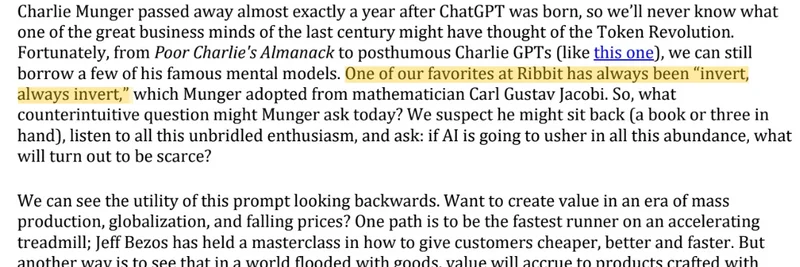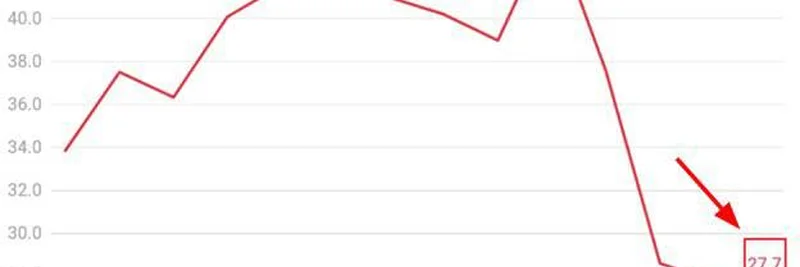In the ever-evolving world of cryptocurrency, bold statements often spark heated debates. A recent post on X (formerly Twitter) by Rex from R89Capital has done just that: "Bitcoin as a cypherpunk experiment is over. That torch has been passed to Zcash." This concise declaration has ignited discussions among crypto enthusiasts, touching on the roots of digital currencies and their future directions.
For those new to the term, cypherpunk refers to a movement that champions privacy, cryptography, and decentralized systems to protect individual freedoms from government overreach. Bitcoin, created by the pseudonymous Satoshi Nakamoto, embodied this ethos when it launched in 2009 as a peer-to-peer electronic cash system resistant to censorship.
But according to Rex, Bitcoin has lost that experimental edge. It's now "ossified and institutionalized," as he elaborated in a reply, meaning it's become rigid and integrated into mainstream finance—think Bitcoin ETFs and corporate holdings by giants like MicroStrategy. While this has driven Bitcoin's price skyward, it arguably dilutes its original rebellious spirit.
Enter Zcash, a cryptocurrency launched in 2016 that builds on Bitcoin's foundation but prioritizes privacy through advanced zero-knowledge proofs called zk-SNARKs. These allow transactions to be verified without revealing sender, receiver, or amount details. In essence, Zcash offers optional shielding for transactions, making it a go-to for those seeking true anonymity in the blockchain space.
The post garnered quick reactions. One user called it "excellent rage bait," hinting at its provocative nature designed to stir the pot. Others pushed back: "Cringe," said one, while another argued Bitcoin's history with dark net markets (DNMs) outshines Zcash's adoption there. Yet, a supporter noted that even Satoshi might have seen Zcash as superior in some ways.
This debate matters for meme token enthusiasts too. Meme coins, often built on platforms like Solana or Ethereum, thrive on community hype and viral moments. But as regulations tighten—think KYC requirements on exchanges—privacy features could become crucial. Projects experimenting with zero-knowledge tech, similar to Zcash, might shield meme traders from prying eyes, fostering more underground, cypherpunk-style communities.
For instance, tools like Tornado Cash (before its sanctions) showed how privacy mixers can enhance anonymity, and emerging meme ecosystems are eyeing similar integrations. If Zcash is indeed carrying the torch, it could inspire a new wave of privacy-enhanced meme tokens, blending fun with fortified security.
While Bitcoin remains the king of crypto by market cap, its evolution into a "digital gold" store of value leaves room for innovators like Zcash to push boundaries. Whether you agree with Rex or not, this shift highlights crypto's dynamic nature—always adapting, never truly "over."
Stay tuned to Meme Insider for more insights on how these trends impact meme tokens and the broader blockchain landscape. If privacy is the new frontier, meme creators might just lead the charge.


